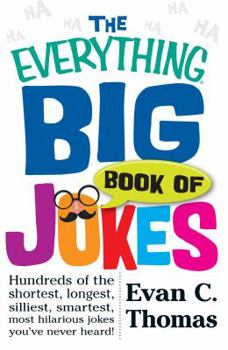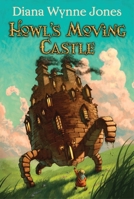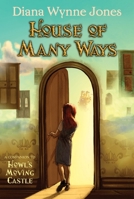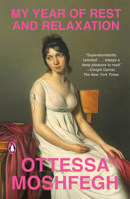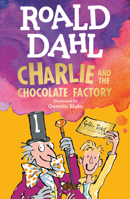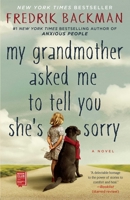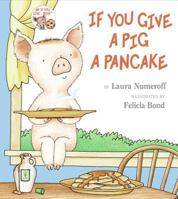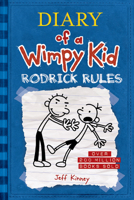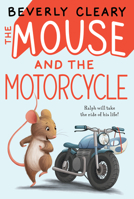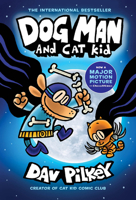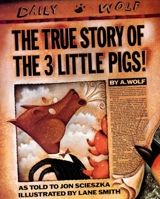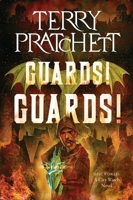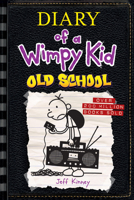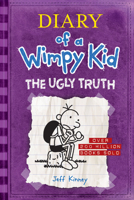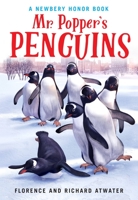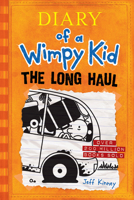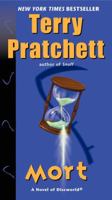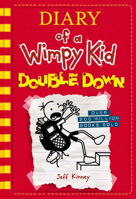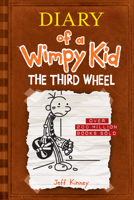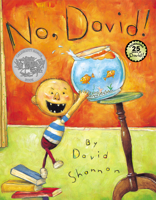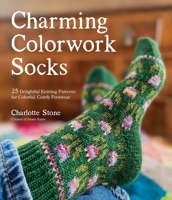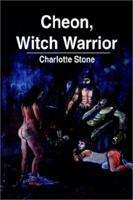The Everything Big Book of Jokes: Hundreds of the Shortest, Longest, Silliest, Smartest, Most Hilarious Jokes You've Never Heard!
Select Format
Select Condition 
You Might Also Enjoy
Book Overview
Have you heard the one about... You'll laugh yourself silly with The Everything Big Book of Jokes! Inside this sidesplitting collection, you'll find only the most popular kinds of jokes, riddles, and funnies from a dynamic professional comedian, including: Short jokes, one-liners, and punsJokes about spouses, in-laws, kids, and grandparentsOffice and sports jokesAnimal humorClassics, including "Guy walks into a bar..." blonde jokes, priest and rabbi jokes, even knock-knock jokes Filled with countless gags, giggles, and guffaws, this book is sure to tickle your funny bone--and make you the life of the party!
Format:Paperback
Language:English
ISBN:0199537992
ISBN13:9780199537990
Release Date:January 2009
Publisher:Oxford University Press
Length:320 Pages
Weight:0.53 lbs.
Dimensions:0.6" x 5.1" x 7.7"
More by Charlotte Stone
Customer Reviews
3 customer ratings | 3 reviews
There are currently no reviews. Be the first to review this work.











